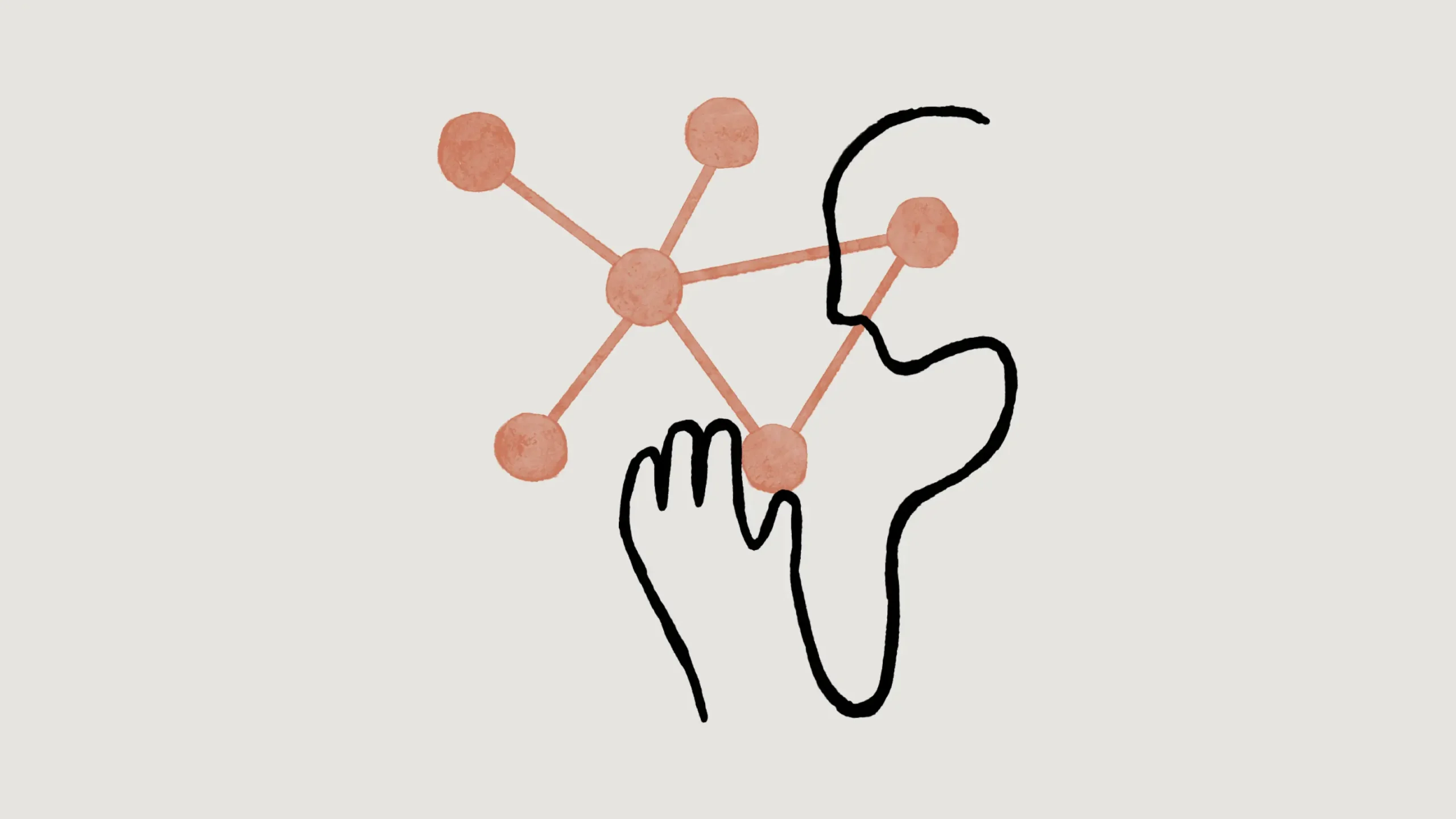Anthropic extends copyright protection and improves API for customers

Anthropic introduces new terms of service that include expanded copyright protection.
The updated terms allow customers "to retain ownership" of content generated through the use of Anthropic services. It is still unclear whether AI-generated content will be protected by copyright in general, or whether only usage rights can be transferred. Anthropic seems to expect no legal hurdles for the former, but the decision is ultimately up to lawmakers.
At the same time, Anthropic's new Terms of Service are designed to protect customers from potential claims of copyright infringement arising from the use of Anthropic's services. The Company will defend customers against copyright claims and will pay the costs of settlement or judgment in case of litigation.
Microsoft, OpenAI, and Google are making similar promises to their customers. The goal is to boost sales of generative AI services at a time when much about generative AI and copyright is still unclear - and may remain unclear for years to come.
Lawsuits are pending in which Big Tech will argue fair use. The plaintiffs - authors, artists, publishers - claim that their copyrights are being violated because their content is being used to train AI models unsolicited and without a license.
By the time the courts issue a ruling, the companies may have resolved the issue themselves for their then-current models. For example, OpenAI is now more proactive in licensing content from publishers and allowing artists to opt out of future model training.
Anthropic wants to expand API access
The new terms will be effective for Claude API customers on January 1, 2024 and for customers using Claude through Amazon Bedrock on January 2, 2024. Anthropic plans to expand access to the Claude API in the coming weeks. The chatbot is not currently available in the EU.
Another new feature from Anthropic is the beta version of the Messages API. It is designed to help developers catch bugs early in development, especially when creating prompts.
AI News Without the Hype – Curated by Humans
As a THE DECODER subscriber, you get ad-free reading, our weekly AI newsletter, the exclusive "AI Radar" Frontier Report 6× per year, access to comments, and our complete archive.
Subscribe nowAI news without the hype
Curated by humans.
- Over 20 percent launch discount.
- Read without distractions – no Google ads.
- Access to comments and community discussions.
- Weekly AI newsletter.
- 6 times a year: “AI Radar” – deep dives on key AI topics.
- Up to 25 % off on KI Pro online events.
- Access to our full ten-year archive.
- Get the latest AI news from The Decoder.